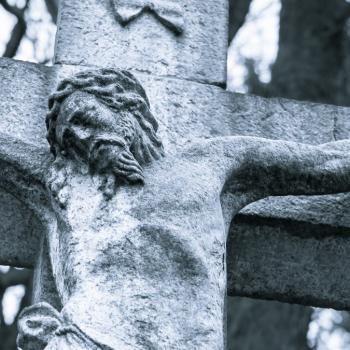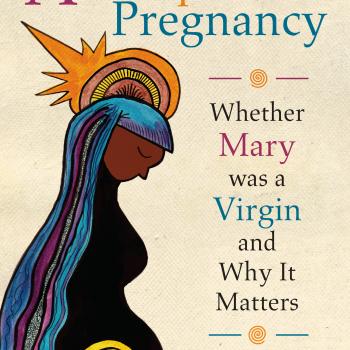Conflict. Imperial violence. Embezzlement. Declarations of heresy. Coercion. Arrest and torture. Exile.
This is all the stuff of a fine Hollywood movie, but these are also components of the story of the development of Nicene Orthodoxy. The two-natures doctrine of Jesus Christ (as fully God and fully man) developed through the grist of much that Christians today

would deem not necessarily…you know…”Christian.” When I went to seminary, we didn’t talk much about that underbelly of the Nicene beast–we didn’t dwell much on the institutional politics and the violence and the exclusionary hard-ball (and sometimes deathly) politics.
A quick read through Wendy Farley’s fascinating, provocative and often-moving book, Gathering Those Driven Away, will redress the lack of engagement with the underbelly. After telling much of the lurid side of the story (and of course there was plenty of good stuff, too), she summarizes the theology of Athanasius that emerged fairly victorious through the Nicene development. The point of the discussion of Athanasius was to point out that his understanding of Jesus Christ (which was taken by so many as simply, or merely, “orthodox” and also as somehow given or directed by the Holy Spirit) was not just about Jesus Christ–but was about power. That is, the theology served to empower certain persons over others and to inscribe authority in one way of theologizing over another way, one way of thinking of Christ over another, one way of understanding salvation over another way.
As much as I believe that theology matters and that we can distinguish (in a way) theology from the context and the people that produce it, it is instructive, if a bit troubling, to be reminded again of the link between theology and power–and of the myriad ways that theology is affected by our human fallibility.










